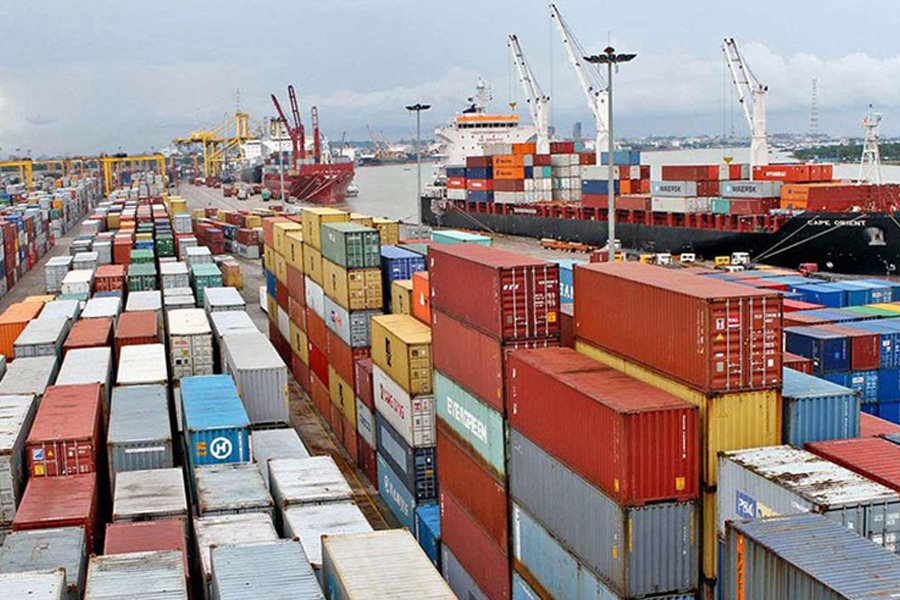
Published :
Updated :

The decision to sharply increase tariffs at Chittagong port, Bangladesh's primary gateway for external trade, could hardly have come at a worse time. Amid an economic downturn, falling export demand and the looming threat of a 35 per cent additional duty on Bangladeshi goods entering the United Statesm, this sweeping hike in port charges threatens to push already beleaguered export-oriented businesses to the brink. According to the newly approved tariff structure, charges on more than 50 categories of services including pilotage, berthing, mooring, loading and unloading, crane use, diving, dredging and entry fees are set to rise significantly, some of them by more than tenfold. Port dues, for example, will jump by over 25 per cent, while the cost of fire-fighting tugboat is set to soar to levels many times higher than before. Charges for loading or unloading containers will climb by nearly 60 per cent across all sizes. Even basic gate pass fees for vehicles and individuals will quadruple.
This escalation, reportedly based on recommendations from a foreign consultancy firm, is being marketed as a step towards aligning with international standards and improving service efficiency. A tariff structure that was created four decades ago is undoubtedly out of date for a contemporary maritime economy, and while it makes sense to rationalise fees to reflect growing operational costs and modernisation needs, such changes must take into consideration the ground realities. Chittagong port remains far from world-class in terms of turnaround time, automation, digital tracking and labour productivity. Crucially, no tangible improvements in infrastructure, service quality or operational efficiency have preceded this hike. Yet, businesses are being asked to pay more for the same subpar services at a time when their profit margins are already under intense pressure. All things considered, this is perhaps the worst possible time to demand premium prices for substandard services.
Concern is mounting among exporters that the increased port charges will seriously erode Bangladesh's competitiveness, particularly in the readymade garments sector which brings in over 80 per cent of the country's export earnings. Global buyers are already shifting orders due to rising production costs, intensified competition and labour unrest. In this context, any additional increase in shipment expenses could be the final nail in the coffin for many exporters. Since logistics costs are either passed on to consumers or absorbed by exporters, the new tariffs will likely translate into higher domestic prices for imported goods. On the export side, this may lead to more factory closures, lost jobs and a decline in foreign earnings. There is also growing apprehension that international shipping lines may seize this opportunity to raise freight charges, further driving up the cost of essentials such as food, fuel and industrial inputs, thereby worsening the inflationary burden on ordinary citizens.
It's also hard not to question the motive and the timing behind this decision. If successive governments postponed tariff reforms for nearly four decades, why has this interim administration chosen to impose them now, in the midst of a crisis? The government must understand that timing matters and this is certainly not the time to increase trade-related costs. If tariff updates are necessary, they must follow wide-ranging consultation with stakeholders and be tied to measurable improvements in service delivery. Increases in port charges should not come ahead of visible gains in efficiency, digitisation and turnaround time. Until the time when the domestic economy recovers and external conditions stabilise, policies must prioritise resilience over revenue.


 For all latest news, follow The Financial Express Google News channel.
For all latest news, follow The Financial Express Google News channel.